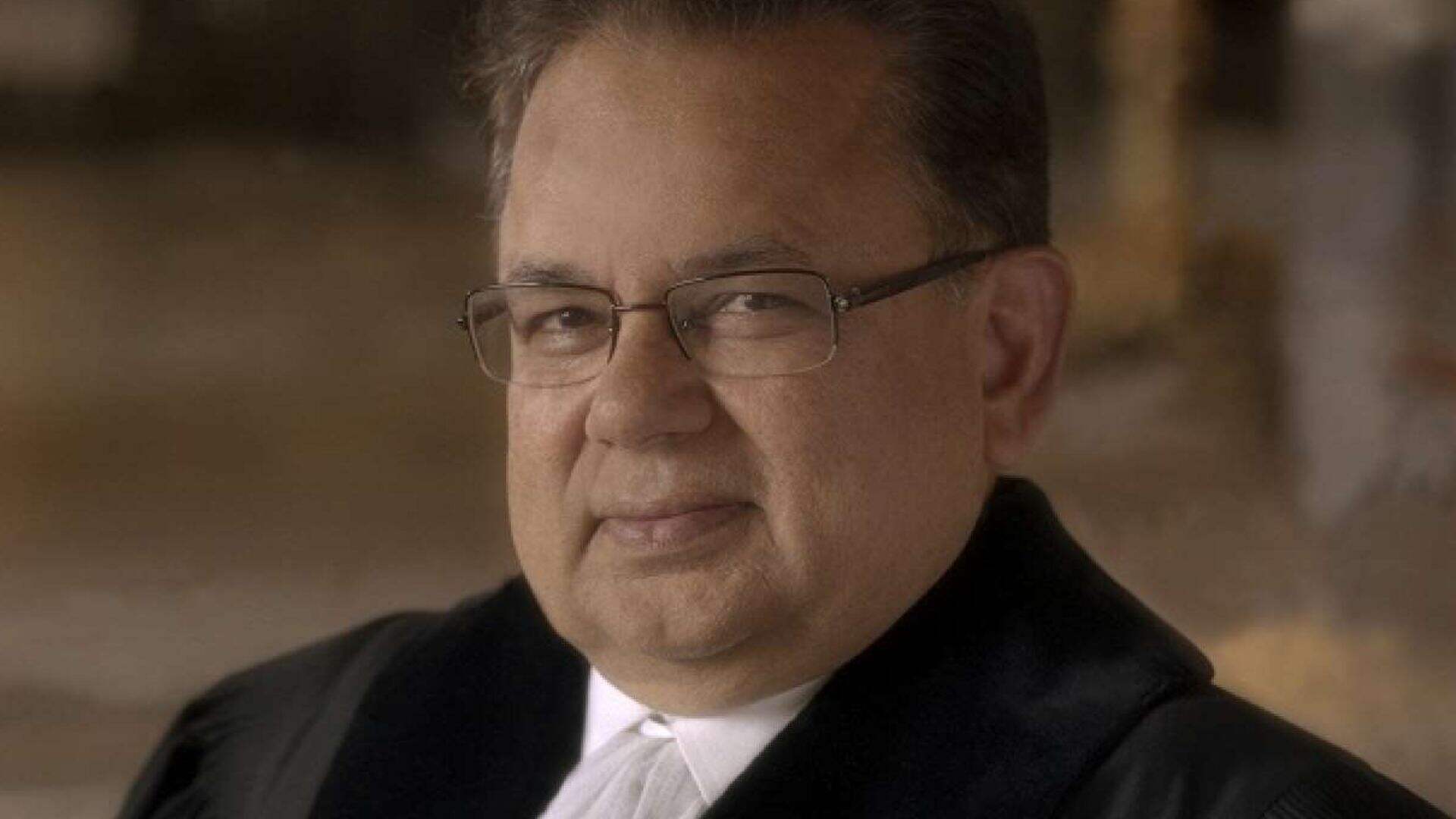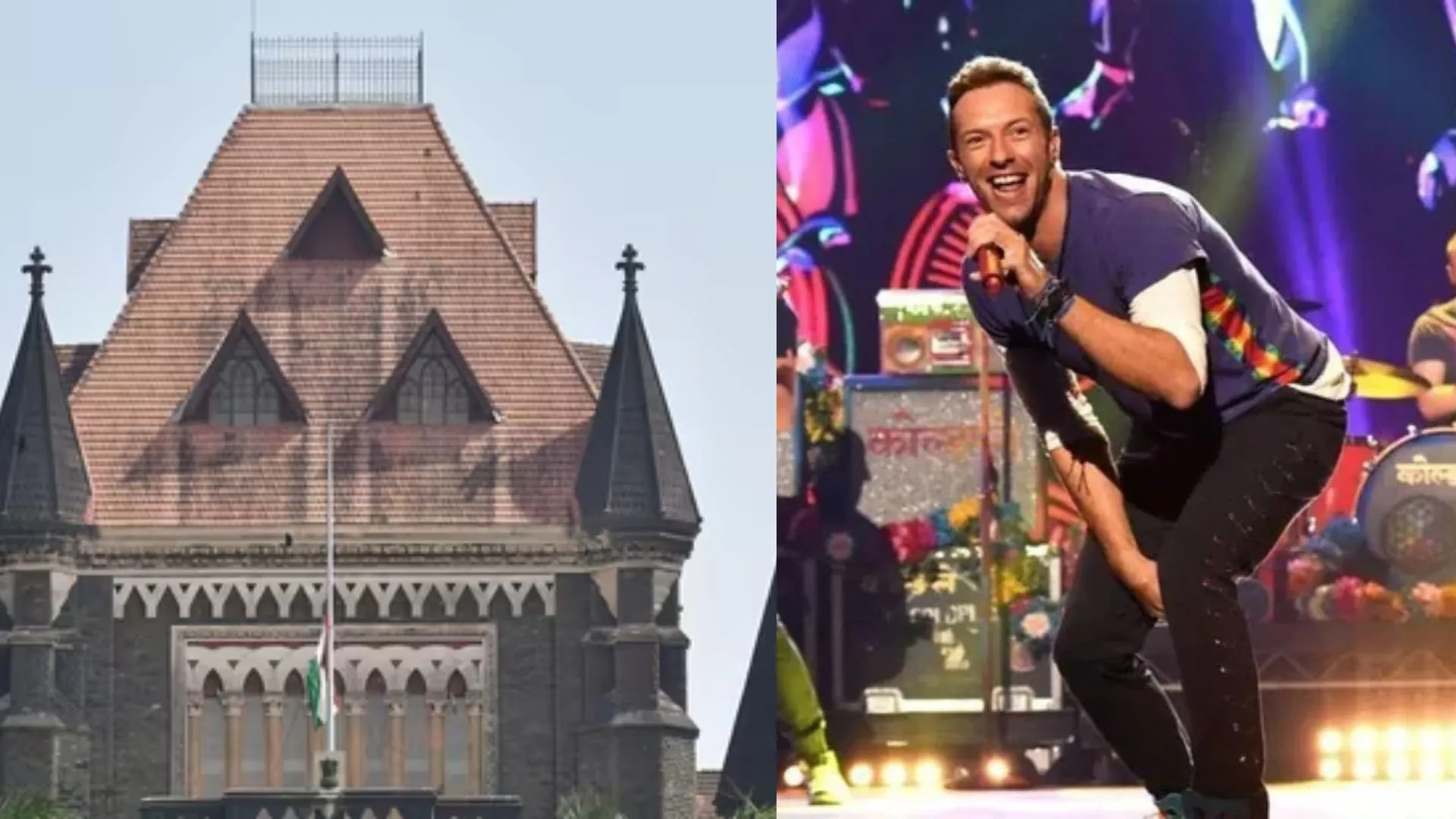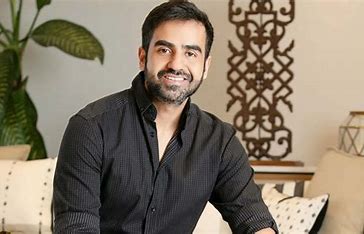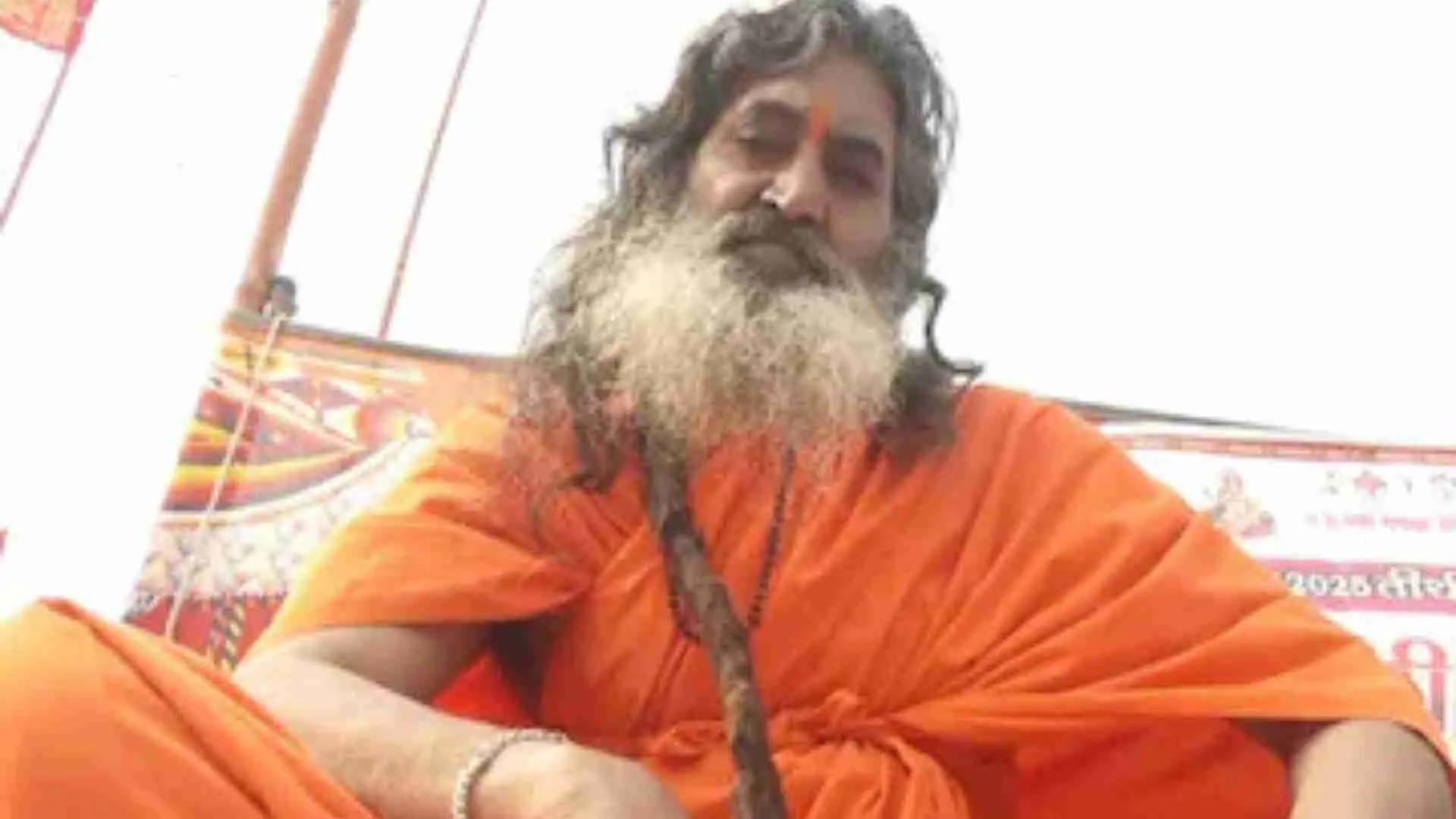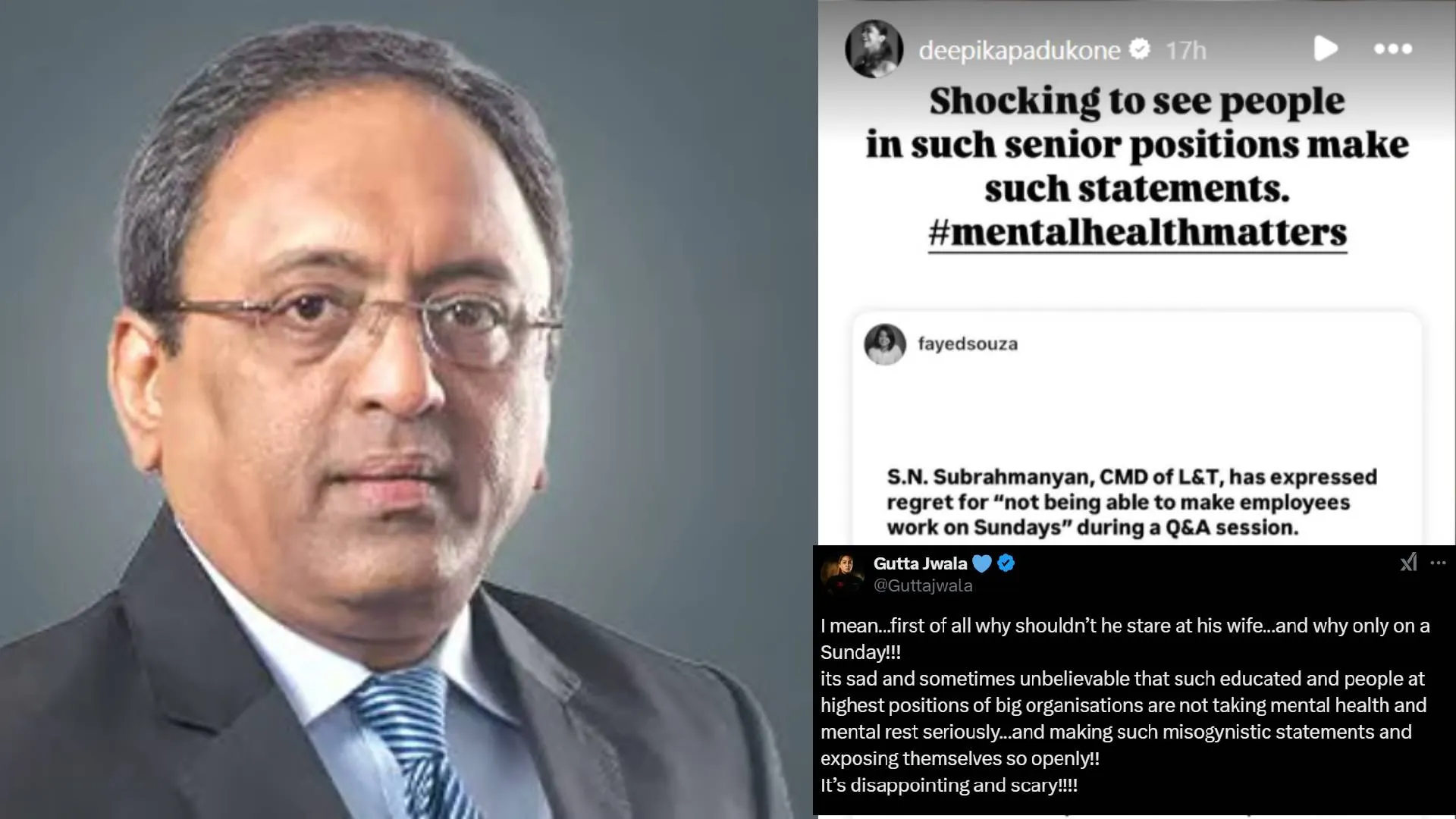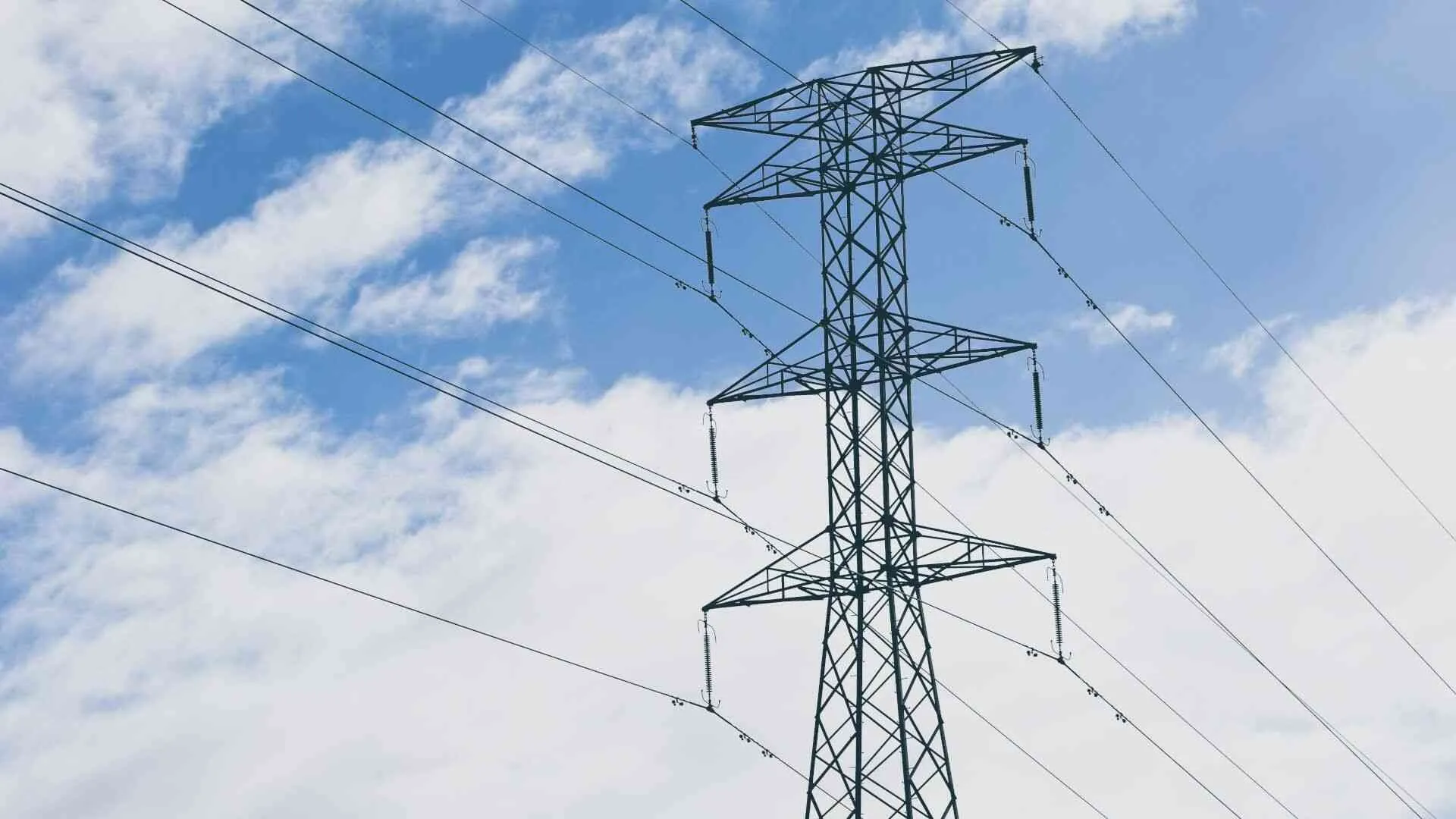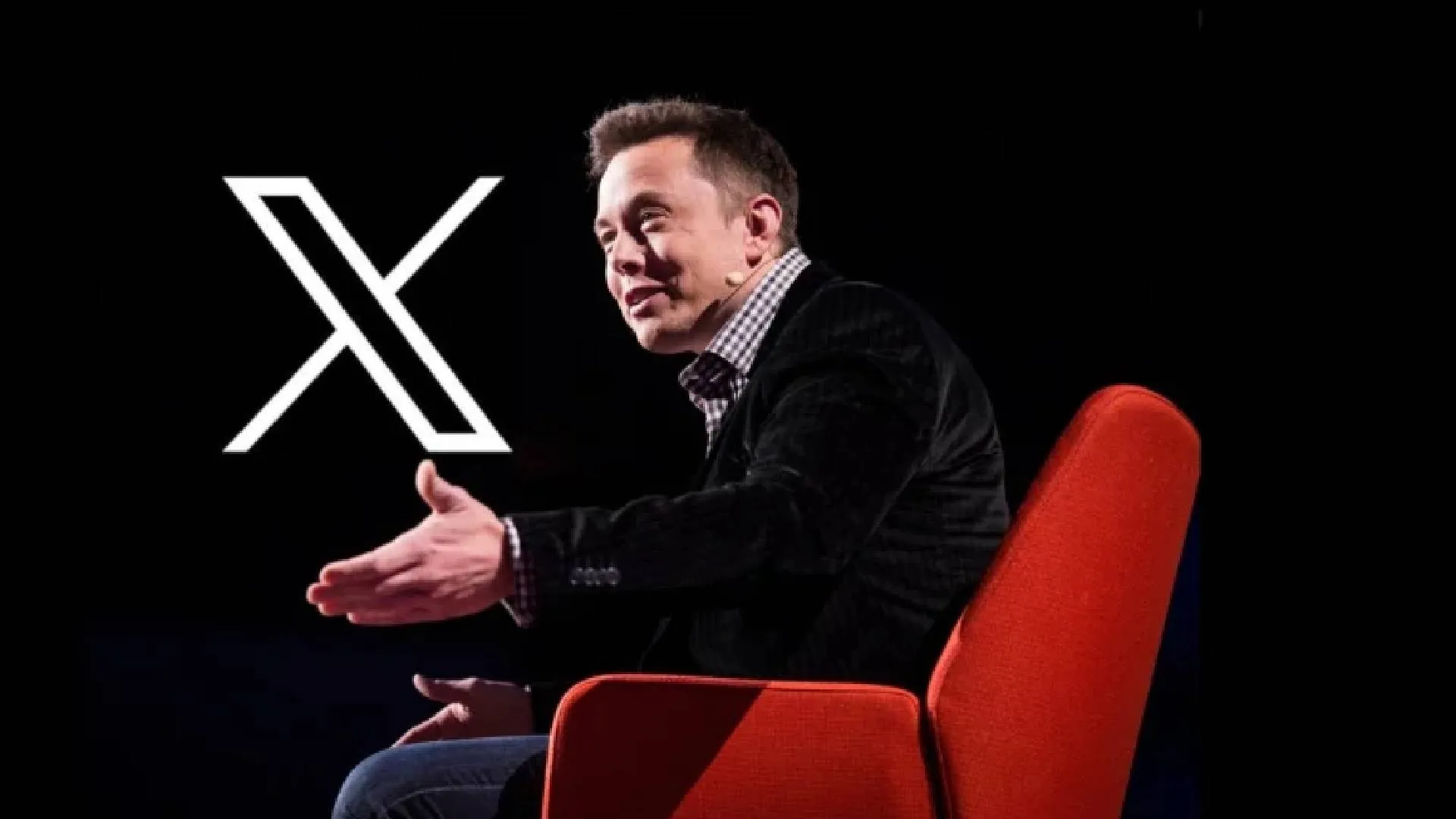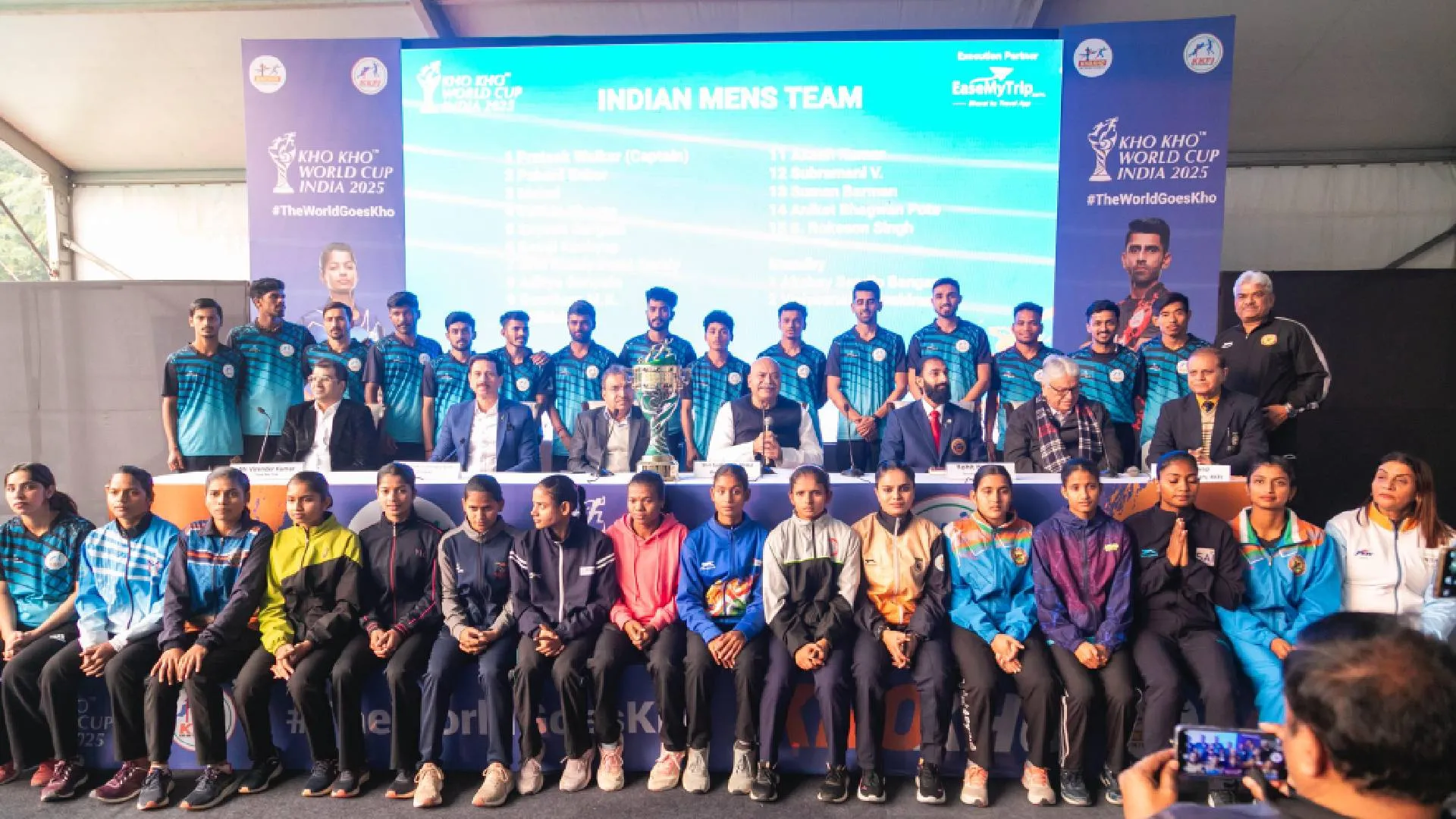Recently, the International Court of Justice (ICJ) directed Israel to stop its military operations in Rafah, and one of the judges, who endorsed this verdict, is none other than the Indian representative of ICJ, Judge Dalveer Bhandari.
An eminent jurist, who enjoyed a distinguished career, has been an ICJ member since 2012. Has been a recipient of various awards including the prestigious Padma Bhushan in 2014.
This Rajasthan-born esteemed jurist has played a crucial role in major landmark cases, which were dealt with by the Supreme court.
Later, on October 28, 2005, Mr. Bhandari was elevated to the position of senior judge in the supreme court.
Where he delivered, various landmark judgements, which covered various areas like public interest litigation, constitutional law, criminal law, civil procedure, administrative law, arbitration, family law, labour and industrial law, and corporate law till 2012.
Since then, Judge Dalveer Bhandari bear its association with all ICJ cases, where he has contributed to significant issues related to maritime disputes, genocide, continental shelf delimitation, nuclear disarmament, terrorism financing, and sovereign rights violation through his judgements.
Earlier, Judge Bhandari also chaired Delhi centre of International Law Association for many years.
Before joining the supreme court, he also served as chief justice of Bombay High Court.
During his tenure, he gave a landmark verdict, where it was established, that an irretrievable breakdown of marriage could be a ground for divorce, while hearing a divorce case.
As a result, it prompted the union government to consider the amendment of Hindu Marriage Act, 1955.
Understanding the ICJ Ruling
Meanwhile, amidst the ongoing Israel-Gaza war, ICJ has recently given its verdict, which was presided by Judge Nawaf Salam.
After hearing South Africa’s application, where it has accused Israel of actions amounting to genocide, the verdict mandated Israel to halt its actions, that can result in physical destruction of civilians staying in Rafah.
This judgement was supported by 13-2 vote. Where only two judges, Julia Sebutinde of Uganda and Judge Aharon Barak of Israel expressed their dissent.
Further the ruling also directed Israel to allow UN Bodies to probe genocide allegations and allow unhindered humanitarian aid.
However, Israel rejecting the ruling, saying that country’s military operations are in accordance with international law, and they have no interest in creating conditions, which can potentially harm civilian population.
But Isarel’s war cabinet minister Benny Gantz asserted, military operations will continue, whenever it is deemed necessary.
Later, UN’s Palestinian Ambassador Riyad Mansour, hailed the ruling. Stressing, that adherence to ICJ resolutions is necessary among those who are obligated to Genocide Convention.

